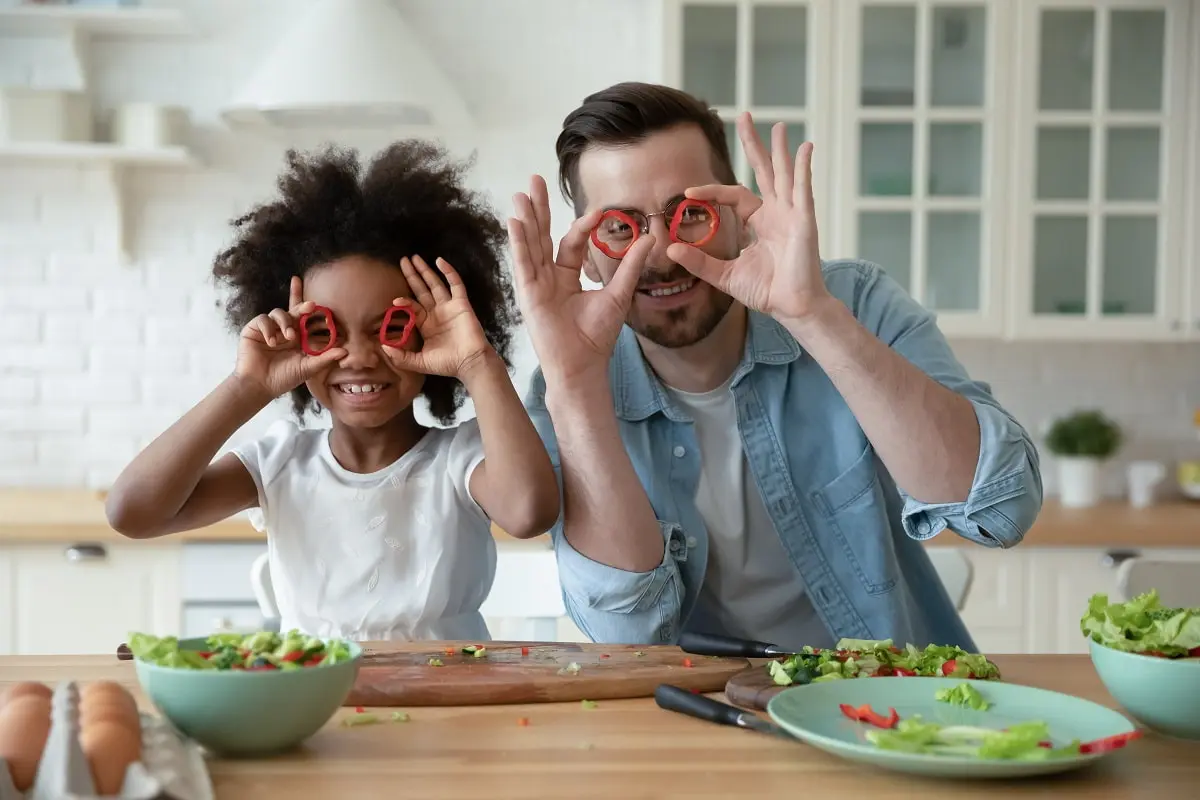zoomacademia.com – Nearsightedness, also known as myopia, is a common vision condition where distant objects appear blurry while close objects can be seen clearly. It affects millions of people worldwide, and while genetics and environmental factors play a significant role in its development, recent studies suggest that diet could also influence eye health. But can the right foods actually reduce or prevent nearsightedness from worsening?
Understanding Myopia
Nearsightedness occurs when the eyeball is too long or the cornea is too curved, causing light entering the eye to focus in front of the retina rather than directly on it. This leads to blurred vision when looking at distant objects. Myopia typically develops in childhood and can progress over time, particularly during the school years when children are exposed to prolonged near work like reading or screen time.
Traditionally, treatments for myopia include glasses, contact lenses, or surgery (like LASIK), but researchers are now exploring how lifestyle factors, including diet, might play a role in managing or even slowing down the progression of myopia.
Key Nutrients That Support Eye Health
While no specific food can “cure” nearsightedness, several nutrients have been shown to support overall eye health and could potentially help slow the progression of myopia.
1. Vitamin A and Beta-Carotene
Vitamin A is crucial for maintaining good vision. It helps protect the surface of the eye (cornea) and plays a role in preventing dry eyes. One of its derivatives, retinal, is a key component in the retina’s ability to detect light. Foods rich in beta-carotene, a precursor to vitamin A, include:
- Carrots
- Sweet potatoes
- Spinach
- Kale
- Butternut squash
Consuming these foods ensures that your eyes get the vitamin A they need to function properly, but there’s no direct evidence that they can reverse or lessen myopia.
2. Lutein and Zeaxanthin
Lutein and zeaxanthin are antioxidants found in the retina that help filter harmful blue light and protect eye cells from damage. Some studies have suggested that these antioxidants may help slow down the development of age-related macular degeneration and could benefit overall eye health. Foods high in lutein and zeaxanthin include:
- Leafy greens like kale and spinach
- Egg yolks
- Corn
- Peas
- Broccoli
While these nutrients support the health of the retina, more research is needed to determine their direct impact on nearsightedness.
3. Omega-3 Fatty Acids
Omega-3 fatty acids, particularly DHA (docosahexaenoic acid), are important for maintaining the health of the retina and reducing inflammation. Studies suggest that a diet rich in omega-3s could help reduce the risk of developing certain eye conditions, including dry eyes and possibly myopia progression. Foods high in omega-3s include:
- Fatty fish like salmon, mackerel, and sardines
- Flaxseeds and chia seeds
- Walnuts
- Fish oil supplements
Omega-3s may have a protective role in eye health, but like other nutrients, they are unlikely to reverse nearsightedness once it has developed.
4. Vitamin C
Vitamin C is a powerful antioxidant that helps protect the eyes from oxidative stress. It also supports the health of blood vessels in the eye, which is essential for maintaining good vision. High sources of vitamin C include:
- Oranges and citrus fruits
- Berries
- Bell peppers
- Kiwi
- Guava
While vitamin C is known for its overall health benefits, there is no clear evidence that it can directly reduce nearsightedness.
Emerging Research: The Role of Diet in Myopia Management
Though diet alone may not eliminate nearsightedness, some studies suggest that a healthy diet combined with other lifestyle changes could help slow its progression. For example, a study conducted in Taiwan found that children who spent more time outdoors and consumed a balanced diet rich in fruits and vegetables were less likely to experience rapid myopia progression.
Outdoor activity is particularly important because exposure to natural light stimulates dopamine production in the retina, which may help prevent the elongation of the eye that leads to myopia. Combining this with a diet that supports retinal health could offer a holistic approach to managing the condition.
Lifestyle Changes That May Help
In addition to diet, there are several other steps that may help reduce the risk of nearsightedness progression:
- Spend More Time Outdoors: Natural light is beneficial for eye development, especially in children.
- Limit Screen Time: Excessive time spent on close-up activities like reading or using digital devices can strain the eyes and contribute to myopia progression.
- Practice the 20-20-20 Rule: Every 20 minutes, look at something 20 feet away for 20 seconds to give your eyes a break.
- Use Proper Lighting: Make sure you have adequate lighting when reading or working to reduce eye strain.
Conclusion: Can Food Really Make Nearsightedness Less Severe?
While a nutritious diet rich in vitamins and antioxidants is essential for overall eye health, there is no conclusive evidence that food can directly reduce or reverse nearsightedness. However, eating foods that support retinal health, such as those high in vitamin A, lutein, and omega-3 fatty acids, may help slow the progression of myopia, especially when combined with healthy lifestyle choices like spending time outdoors and reducing screen time.
In the future, more research may reveal stronger connections between diet and myopia management, but for now, the best approach is a balanced diet alongside other preventative measures to protect and preserve your vision.










